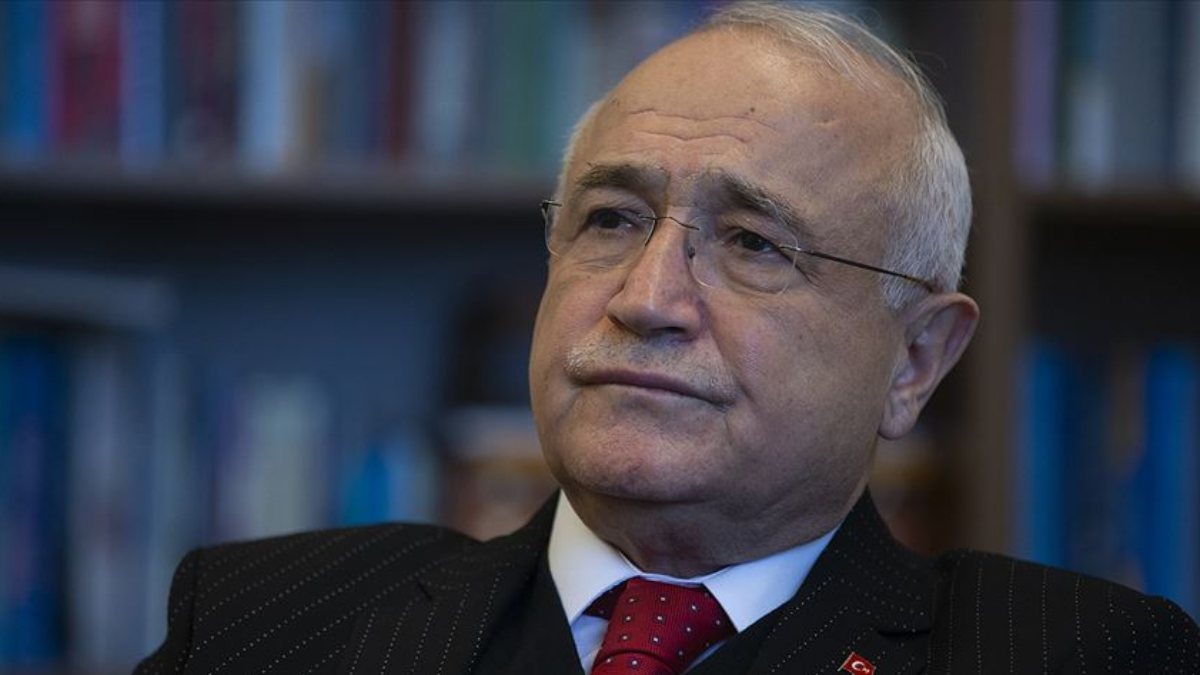Presidential High Advisory Board member Cemil Çiçek has said the case files of four former Turkish ministers who were implicated in bribery and corruption investigations in 2013 should have been seen by the Supreme State Council, local media reported on Tuesday.
The statements of Çiçek, also a former justice minister and parliament speaker from the ruling Justice and Development Party (AKP), were on Tuesday revealed by journalist Barış Pehlivan in a column in the Cumhuriyet daily.
Çiçek’s remarks came after Erdoğan Bayraktar, the former Turkish minister of environment and urban planning, recently confirmed the validity of charges against him in connection with the graft scandal that had shaken the Turkish government to the core in 2013.
Bayraktar on Sunday revealed in an interview posted on YouTube that the evidence against him included in the case file of the December 17-25 bribery and corruption investigations was genuine and not doctored as alleged by the ruling AKP.
“The allegations against Erdoğan Bayraktar were different from those of the other three ministers. While one of them [Bayraktar’s case-file] was about the ministry, the other files were about [Iranian-Turkish businessman] Reza Zarrab. … The files should have been sent to the Supreme State Council. If they were and a ruling had been issued, we wouldn’t still be talking about this today,” Çiçek was quoted as saying.
Turkey’s Constitutional Court also functions as the Supreme State Council to hear cases brought against the country’s highest officials for crimes related to their official duties.
The graft scandal erupted with the arrest of the sons of three then-ministers from the ruling AKP, Reza Zarrab, the director of a state-owned bank, a district mayor and many more on December 17, 2013.
The probe that implicated, among others, the children of then-prime minister and current President Recep Tayyip Erdoğan, shook the country back in 2013.
Despite the scandal resulting in the resignation of the cabinet members, the investigation was dropped after prosecutors and police chiefs were removed from the case. Erdoğan, officials of the AKP and the pro-government media have described the investigation as an attempt to overthrow the government.
Some of the claims that were part of the corruption investigations were later substantiated in New York federal court where Turkish banker Mehmet Hakan Atilla was sentenced to 32 months for conspiring to violate US sanctions on Iran and other offenses.
Zarrab’s close relationships with the Turkish ministers, whom he admitted bribing as he came forward as a witness after a plea bargain with US prosecutors in the federal court case, were revealed via audio recordings of wiretapped phone conversations shared on the Internet by anonymous users.
Dismissing the investigations as a conspiracy against his government by the Gülen movement, a group inspired by Muslim cleric Fethullah Gülen, Erdoğan designated the faith-based movement as a terrorist organization and began to target its members.
He locked up thousands, including many prosecutors, judges and police officers involved in the investigation.
Bayraktar’s revelations came as a blow to Erdoğan’s claim that the corruption scandal was fabricated by sympathizers of the Gülen movement within the police department with the aim of overthrowing his government.



